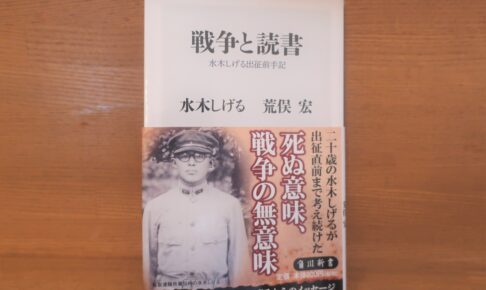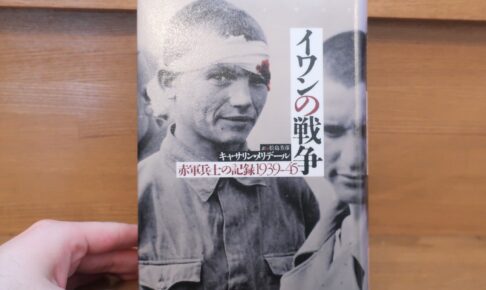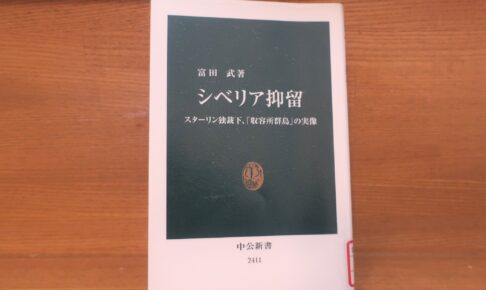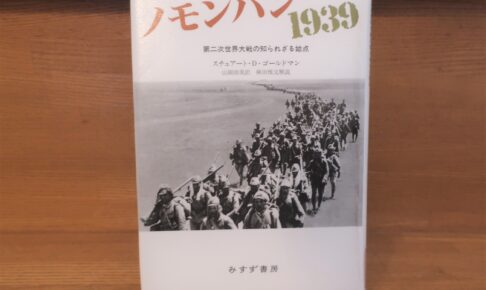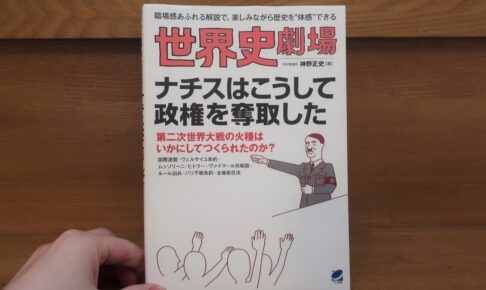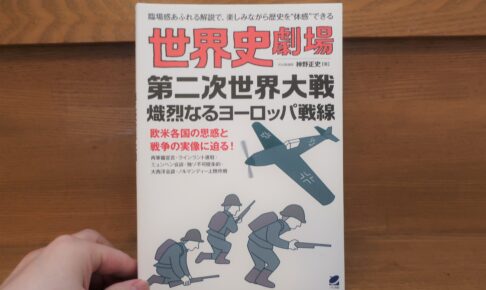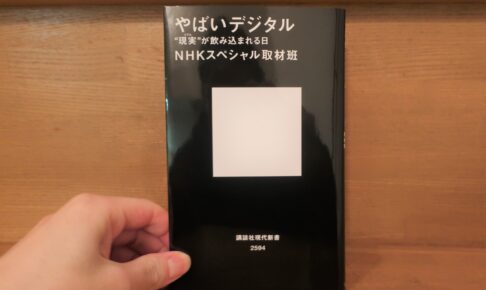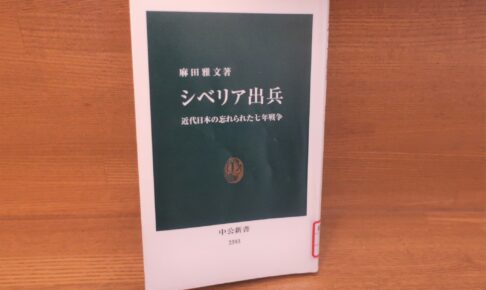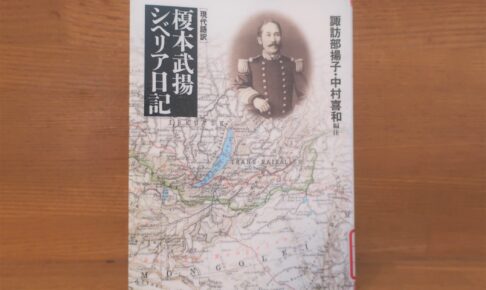War and Reading: Shigeru Mizuki's Memoirs before Going to War" - Unknown Mizuki Shigeru and the Connection to "Conversations with Goethe".
This work is based on a memoir written by Shigeru Mizuki before he left for war, and Hiroshi Aramata's background on that memoir and how young men read before, during, and after the war.
Until I read this book, I knew little about Shigeru Mizuki other than "Gegege no Kitaro". I had no idea that he went to war and wrote various works based on his experiences there.
This book was a wonderful book with much to gain. It gives us a glimpse into what Shigeru Mizuki and other young men were thinking and reading at the time, and what they were thinking about as they lived through the war years. Highly recommended.












